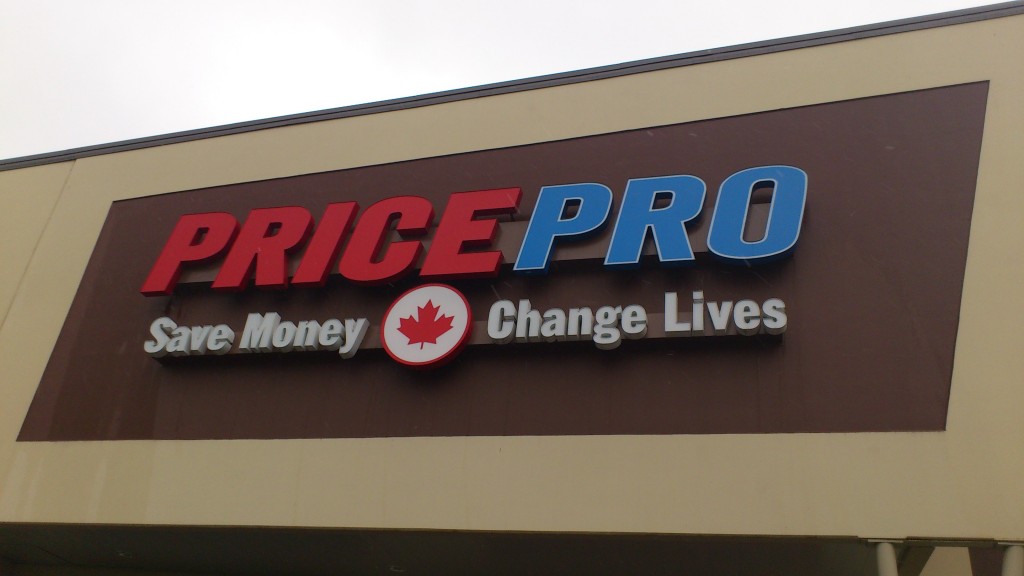 As a music fan, understanding how the music industry works has always interested me. This article from the Globe and Mail discusses the affects of online music streaming on the revenues of artists.
As a music fan, understanding how the music industry works has always interested me. This article from the Globe and Mail discusses the affects of online music streaming on the revenues of artists.
Though technology has allowed for a greater distribution of an ar tist’s music around the world, it has also brought many issues as well such as illegal downloading and file sharing. For an artist, this is a huge problem if consumers have free access to their music. Online streaming sites such as Pandora, Rhapsody, Spotify, and Rdio have appeared in response as a way for customers to listen to music without actually purchasing it. For each
tist’s music around the world, it has also brought many issues as well such as illegal downloading and file sharing. For an artist, this is a huge problem if consumers have free access to their music. Online streaming sites such as Pandora, Rhapsody, Spotify, and Rdio have appeared in response as a way for customers to listen to music without actually purchasing it. For each  stream, artists receive small amounts of royalties paid directly to them. However, just this week Pandora is lobbying for the “Internet Radio Fairness Act” to be passed, which would cut artist royalties by 85%. For many struggling artists, this is a significant drop in revenue.
stream, artists receive small amounts of royalties paid directly to them. However, just this week Pandora is lobbying for the “Internet Radio Fairness Act” to be passed, which would cut artist royalties by 85%. For many struggling artists, this is a significant drop in revenue.
In this digital age, more and more people have been turning to online streaming as a legal alternative to purchasing music. Even so, online streaming has not been a fool proof solution as the music industry is still losing out on an incredible amount of money from the millions of people who continue to obtain their music illegally.
Article: In online streaming, artists see their revenue trickle


 However, not everyone is happy with this new company. According to
However, not everyone is happy with this new company. According to  The popularity of smartphones has been exponentially rising within the last few years and its end is nowhere in sight either as new technology is constantly being developed. We can now listen to music, take pictures and videos, access internet, and use a GPS all on one device. Are these phones soon going to be taking over our wallets as well? Certainly seems like it.
The popularity of smartphones has been exponentially rising within the last few years and its end is nowhere in sight either as new technology is constantly being developed. We can now listen to music, take pictures and videos, access internet, and use a GPS all on one device. Are these phones soon going to be taking over our wallets as well? Certainly seems like it. Starbucks is an early leader when it comes to using smartphones to make purchases. Customers can load money onto their mobile Starbucks card and automatically pay for their drinks by scanning their phone – while earning reward stars at the same time. With the way technology is changing, maybe next time you forget your wallet at home it won’t even matter!
Starbucks is an early leader when it comes to using smartphones to make purchases. Customers can load money onto their mobile Starbucks card and automatically pay for their drinks by scanning their phone – while earning reward stars at the same time. With the way technology is changing, maybe next time you forget your wallet at home it won’t even matter!








 When it comes to advertising, how far is too far?
When it comes to advertising, how far is too far?